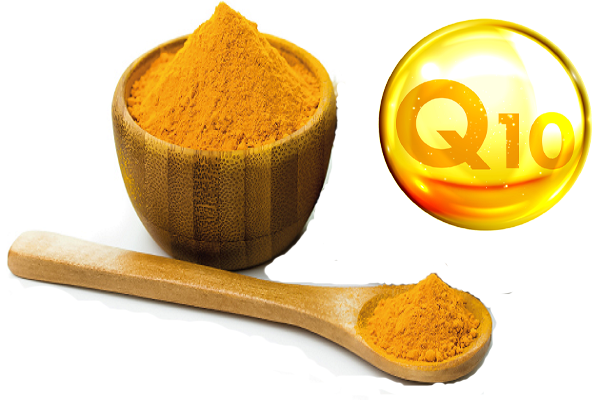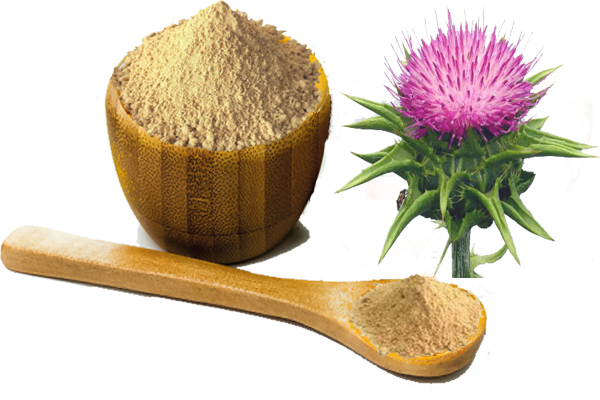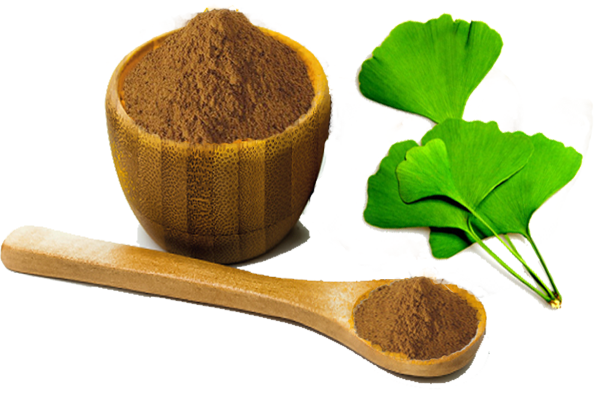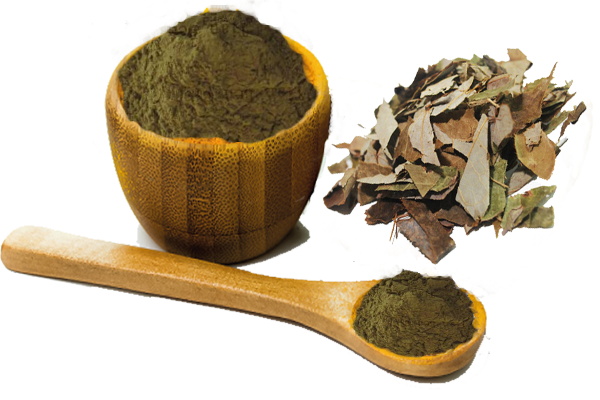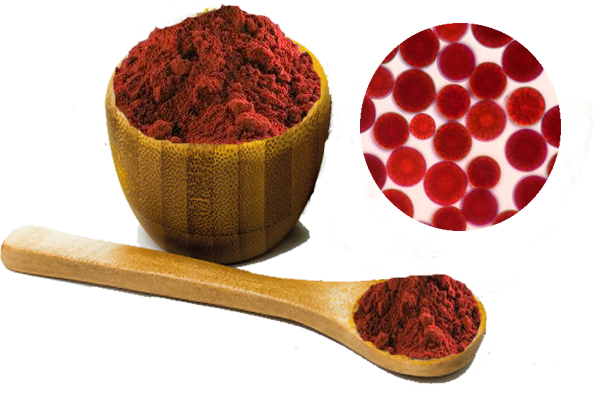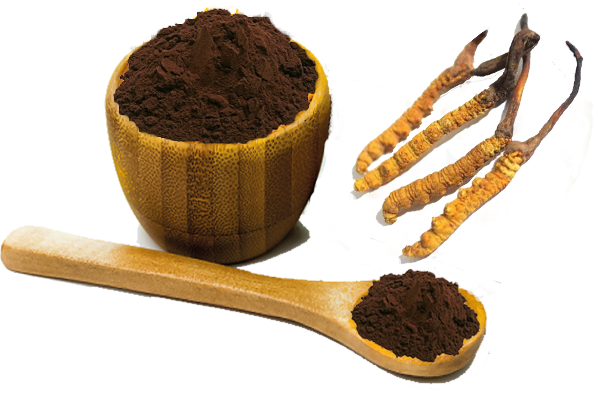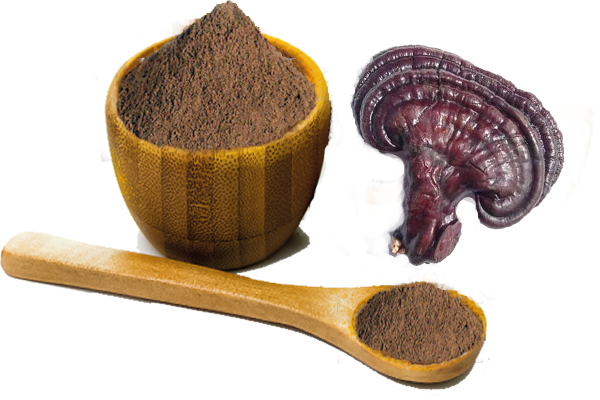
Coenzyme Q10
Coenzyme Q10
MIGU provide Coenzyme Q10 (also named Ubidecarenone) provide 10%, 20%, 98% by HPLC with analysis meets the EP, USP, JP, CP.....
Coenzyme Q10 (also called ubiquinone)
CAS: 303-98-0
Molecular formula: C59H90O4
Molecular weight:863.36
Appearance:Orange Yellow Powder
Specification Available: 10% Co Q10 (Water-soluble) 98% Co Q10 (Oil-soluble)
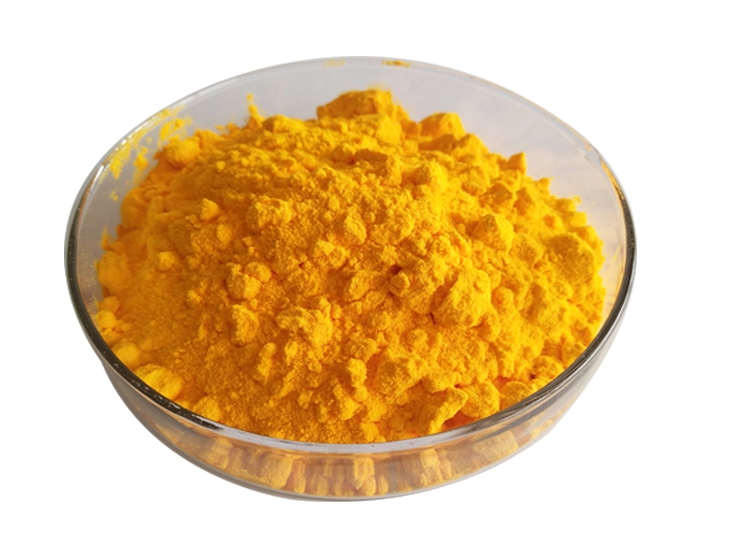
Coenzyme Q10 from MIGU
Coenzyme Q10 and Its History
coenzyme Q10 also named ubiquinone, or ubidecarenone is a coenzyme that works as a powerful antioxidant and plays a fundamental role in the energy process. ATP, or adenosine triphosphate, is responsible for the release of energy in your cells. The conversion of energy from carbohydrates and fats to ATP requires the presence of CoQ10
This incredible synthesis takes place inside all cells of the body, primarily in the mitochondria. Also known as the “power plants” of the cells, mitochondria are cellular structures bound by the mitochondrial membrane which is where CoQ10 is contained. Once CoQ10 starts working, it converts to a reduced form; an antioxidant called ubiquinol, named for its ubiquitous qualities. In this state, it can support the health of the cell.
The discovery of CoQ10 was made by Professor Frederick L. Crane when he isolated the coenzyme from beef heart mitochondria in 1957. It was American chemist Dr. Karl Folkers who determined its chemical structure the following year. In 1970, Folkers and Italian researcher Dr. Gian Paolo Littarru discovered that a deficiency in CoQ10 could be associated with heart issues. This monumental discovery is one of the reasons CoQ10 is used for heart health today.
The benefits of Coenzyme Q10
CoQ10 is now one of the most studied compounds due to its therapeutic potential and its many benefits. CoQ10 as a natural antioxidant can support your immune system, overall vitality, and maintain healthy DNA. More specifically, it has been linked to stronger hearts, healthy aging, higher quality in sperm, and sharper minds.
Supports Heart Health
Everyone wants a healthy heart. When your heart is running low on ATP production, it causes energy levels to decrease, leading to possible coronary damage. CoQ10 raises ATP levels which may help maintain the health of this important muscle and keep heart support at maximum levels. Currently, studies are being conducted to see if CoQ10 may be able to help with cardiac arrhythmia.
Helps Energy Levels
Low CoQ10 levels in the human body can result in a lack of energy as CoQ10 is responsible for the activation of ATP. A supplement can aid in the restoration of your CoQ10 supply, allowing it to do its job which is to finish the energy conversion process. Because a decrease in energy can lower the amount of oxygen in your body, it may be very beneficial to individuals who maintain a vigorous exercise routine. There are also claims that it may help boost metabolism.
Promotes Healthy Aging
CoQ10 is essential for the health of almost all human tissues and organs. Natural levels of it diminish as we get older, causing our bodies to produce smaller amounts of ATP. This decline may result in lower amounts of energy which can deplete the oxygen needed for healthy organs. Some studies showed that adding CoQ10 as a supplement to a healthy diet may increase ATP production, raising energy levels. Because of its antioxidant qualities, CoQ10 helps prevent the generation of free radicals, keeping proteins, lipids, and DNA in cells from getting damaged. Harm to these cells can lead to unhealthy aging. It can also affect how we think and function. In certain studies, through diet and supplements, CoQ10 was shown to reduce cell damage.
Encourages Mental Sharpness
Your brain needs exercise just like the rest of your body does. A decline in CoQ10 over time can affect both the mind and body. Because of CoQ10’s antioxidant properties and natural ability to produce energy, it may help with brain support and keep damage at bay. A healthy diet and regular exercise coupled with a supplement may help contribute to a sharper mind. Currently, studies are looking for ways in which CoQ10 can improve cognitive abilities and memory skills.
Upholds Healthy Joints & Muscles
Joints and muscles are part of your musculoskeletal system and are necessary for movement and everyday physical activities. These parts of our anatomy encounter wear and stress on a daily basis. Studies have been done to see if CoQ10 can reduce the effects of strain and discomfort in joints and muscles. Although test results are mixed, many showed that CoQ10 might be a potential aid in keeping cartilage thickness and degradation down, promoting joint health and wellness. It may also help maintain healthy muscle tissue.
Which Is Better: Coenzyme Q10-Rich Foods or a Supplement?
Although a natural diet involving CoQ10-rich foods is encouraged, a supplement can be more beneficial. Environmental toxins in the body coupled with age or illness can warrant higher levels of CoQ10 than food alone can provide. Currently, over-the-counter supplements come in two versions — CoQ10 and the reduced or converted version, Ubiquinol. The preference of most health care professionals is the Ubiquinol supplement because it relieves your body of the conversion process, allowing the antioxidant to work right away.
Many in the healthcare industry, however, prefer the CoQ10 version, arguing that the conversion process is quick and effective. It also seems to be less expensive. These supplements come in different forms — capsules, sprays, hard tablets, softgels, and mixed with other nutrients in wellness products.
The Dosage of Coenzyme Q10
CoQ10 or ubiquinol is manufactured in quantities ranging from 22 to 400 milligrams. The most popular supplements are in the range of 30 to 200 milligrams per day. These supplements are ingested once or several times daily, depending on a healthcare professional’s recommendation. Two main points are considered when determining a supplemental serving — age, and the reason CoQ10 is needed. People under 40 generally don’t need a large serving because their bodies are still producing healthy amounts of the nutrient. People over 40, however, may require a more substantial helping. CoQ10 doesn’t start to decrease until after the age of 20, so it is best for adults 18 years of age or older.
Coenzyme Q10 Safety Information & Side Effects
Although there are many benefits attached to CoQ10, there are still a few risks. Just like other dietary supplements, the induction of highly concentrated compounds into the body may cause mild to severe side effects depending on an individual’s health. Side effects, although rare, have been seen in larger servings of CoQ10, or those just starting the supplement.These side effects include:
- Gastrointestinal issues
- Lowered blood sugar
- Nausea
- Increased risk of blood clotting in patients who use certain medications
- Diarrhea
Dividing daily servings into two or three smaller portions may help reduce side effects. If an individual’s blood pressure is already low, it is recommended they continue to monitor it, as CoQ10 may have the ability to lower blood pressure.Check with your healthcare professional for side effects due to certain drug interactions. CoQ10 is at its safest when used by healthy adults.More exact information,please check here.
MIGU also provide other organic material like curcumin, astaxanthin, ginseng, milk thistle, ginkgo biloba and etc.Please email us freely.

